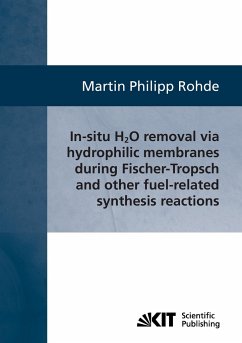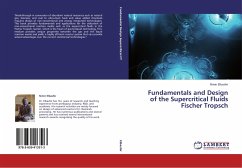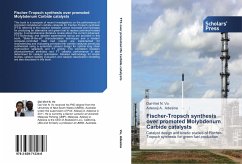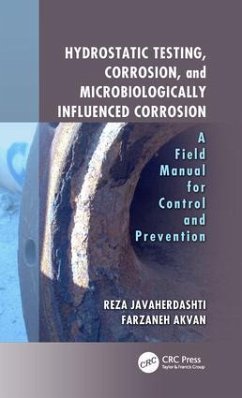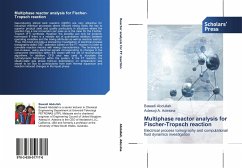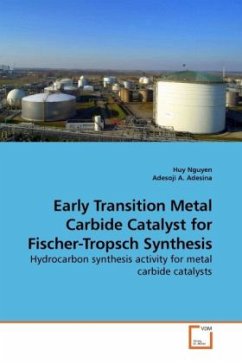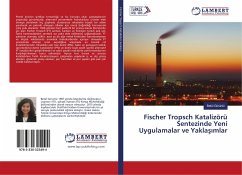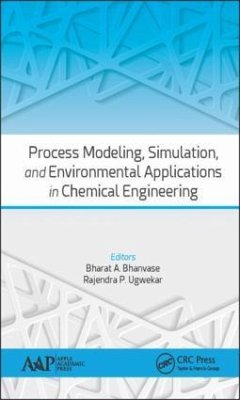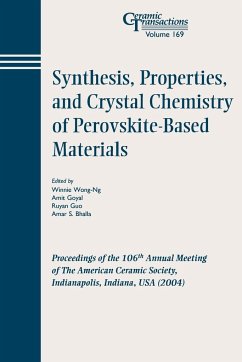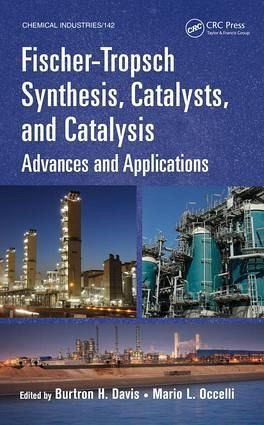
Fischer-Tropsch Synthesis, Catalysts, and Catalysis
Advances and Applications
Herausgeber: Davis, Burtron H; Occelli, Mario L

PAYBACK Punkte
196 °P sammeln!
This book is based on a symposium held during the 248th American Chemical Society meeting that focused on use of the Fischer-Tropsch process in producing synthetic fuels. Its contents reflect the four dominant subjects of the meeting: catalyst preparation and activation, catalyst activity and reaction mechanisms, catalyst characterization and related reactions, and topics concerning commercializing the Fischer-Tropsch process. It covers recent developments related to renewable resources and green energy and provides a glimpse of the commercial potential of the Fischer-Tropsch process in synthe...
This book is based on a symposium held during the 248th American Chemical Society meeting that focused on use of the Fischer-Tropsch process in producing synthetic fuels. Its contents reflect the four dominant subjects of the meeting: catalyst preparation and activation, catalyst activity and reaction mechanisms, catalyst characterization and related reactions, and topics concerning commercializing the Fischer-Tropsch process. It covers recent developments related to renewable resources and green energy and provides a glimpse of the commercial potential of the Fischer-Tropsch process in synthetic fuel production.




